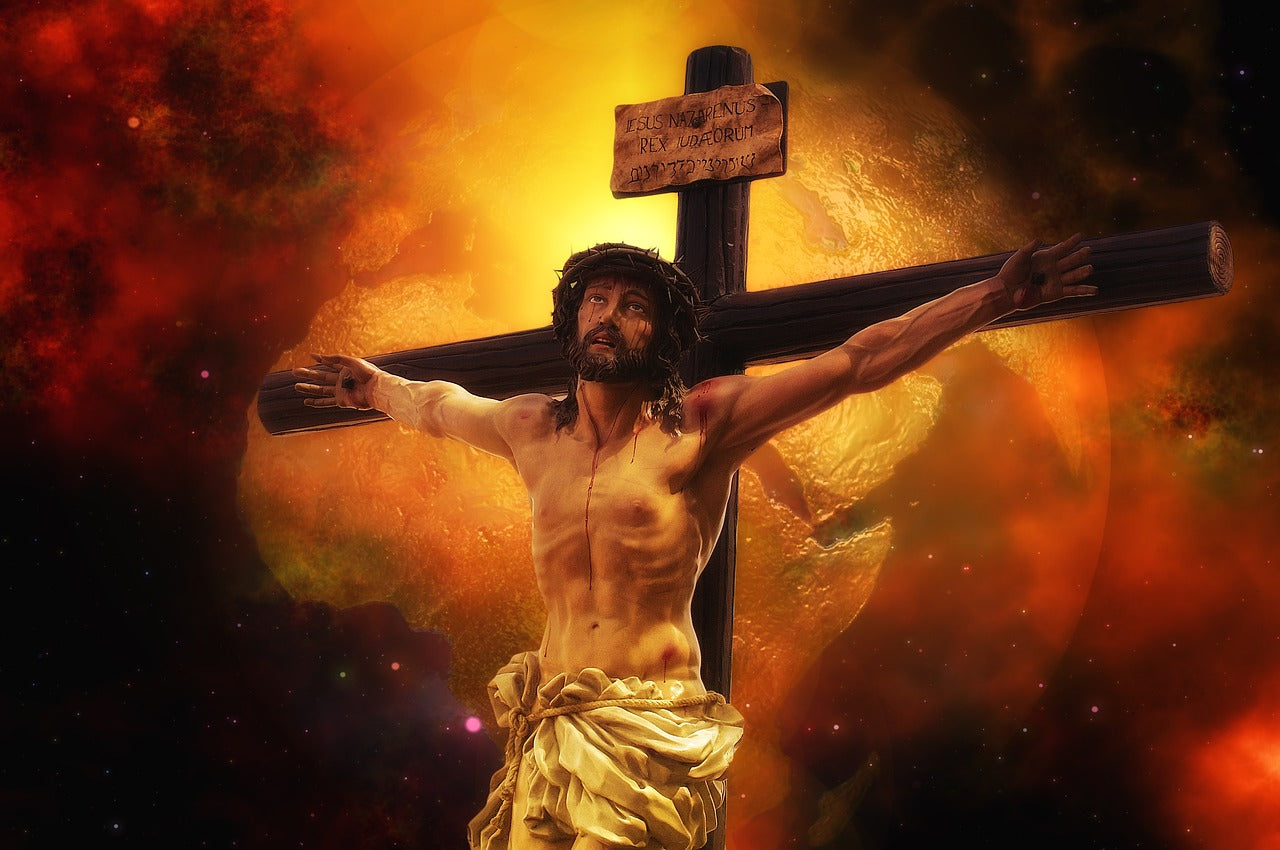by Max Lucado
Jesus...there on the cross…lips cracked and mouth of cotton. Throat so dry he couldn’t swallow, and voice so hoarse he could scarcely speak. He is thirsty. To find the last time moisture touched these lips you need to rewind a dozen hours to the meal in the upper room. Since tasting that cup of wine, Jesus has been beaten, spat upon, bruised, and cut. He has been a cross-carrier and sin-bearer, and no liquid has salved his throat. He is thirsty.
Why doesn’t he do something about it? Couldn’t he? Did he not cause jugs of water to be jugs of wine? Did he not make a wall out of the Jordan River and two walls out of the Red Sea? Didn’t he, with one word, banish the rain and calm the waves? Doesn’t Scripture say that he “turned the desert into pools” (Psalm 107:35 NIV) and “the hard rock into springs” (Psalm 114:8 NIV)?
Did God not say, “I will pour water on him who is thirsty” (Isaiah 44:3 NKJV)?
If so, why does Jesus endure thirst? Why? And why did he grow thirsty on the cross?
He didn’t have to suffer thirst. At least, not to the level he did. Six hours earlier he’d been offered drink, but he refused it.
They brought Jesus to the place called Golgotha (which means The Place of the Skull). Then they offered him wine mixed with myrrh. (He refused) and they crucified him.
Before the nail was pounded, a drink was offered. Mark says the wine was mixed with myrrh. Matthew described it as wine mixed with gall. Both myrrh and gall contain sedative properties that numb the senses. But Jesus refused them. He refused to be stupefied by the drugs, opting instead to feel the full force of his suffering.
Why? Why did he endure all these feelings? Because he knew you would feel them too.
He knew you would be weary, disturbed, and angry. He knew you’d be sleepy, grief-stricken, and hungry. He knew you’d face pain. If not the pain of the body, the pain of the soul … pain too sharp for any drug. He knew you’d face thirst. If not a thirst for water, at least a thirst for truth, and the truth we glean from the image of a thirsty Christ —he understands. And because he understands, we can come to him.


0 comments